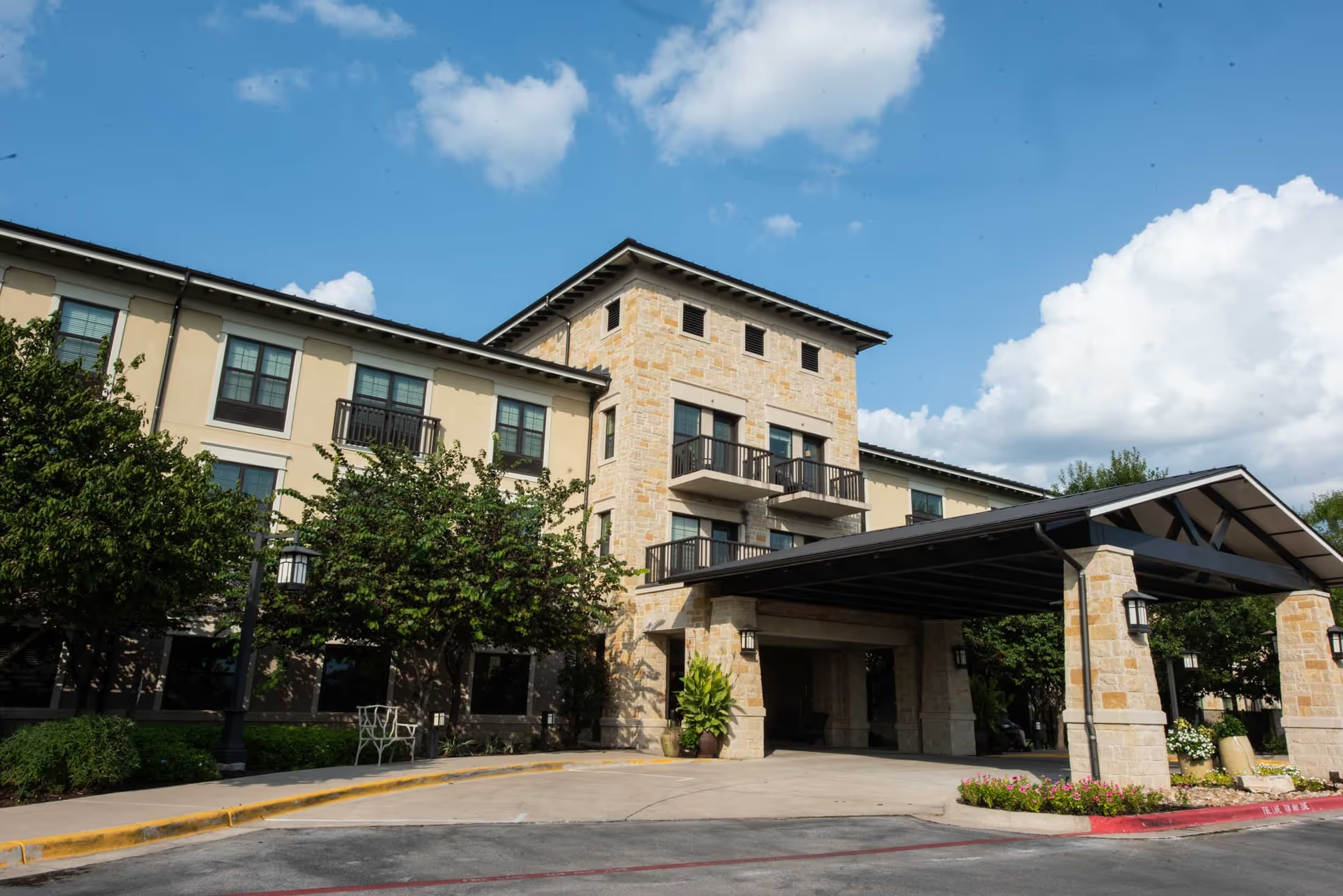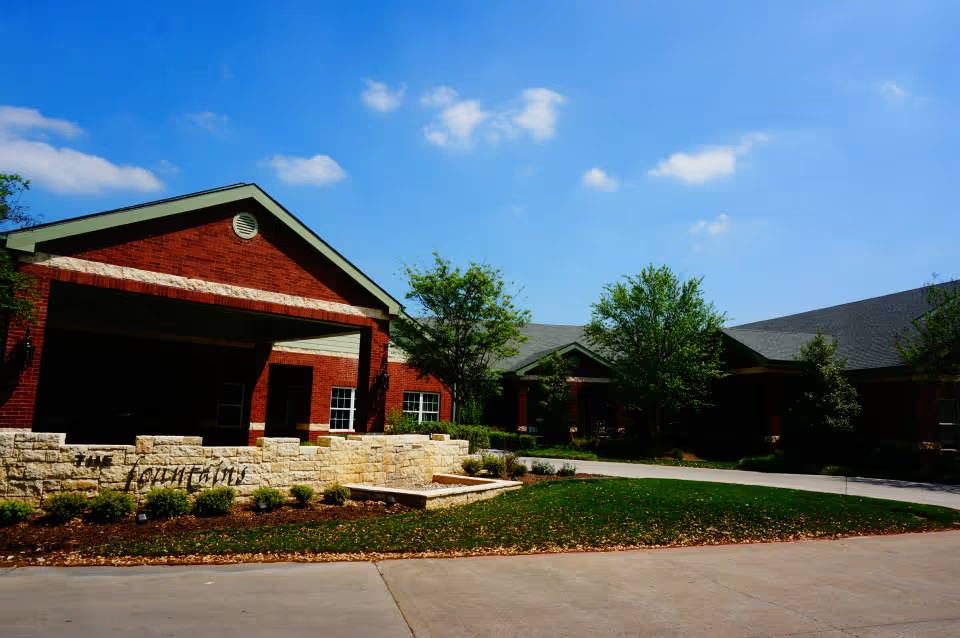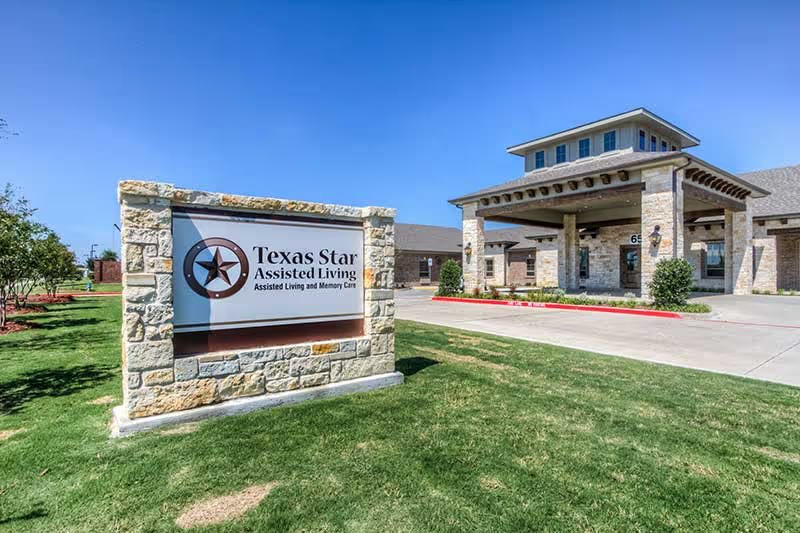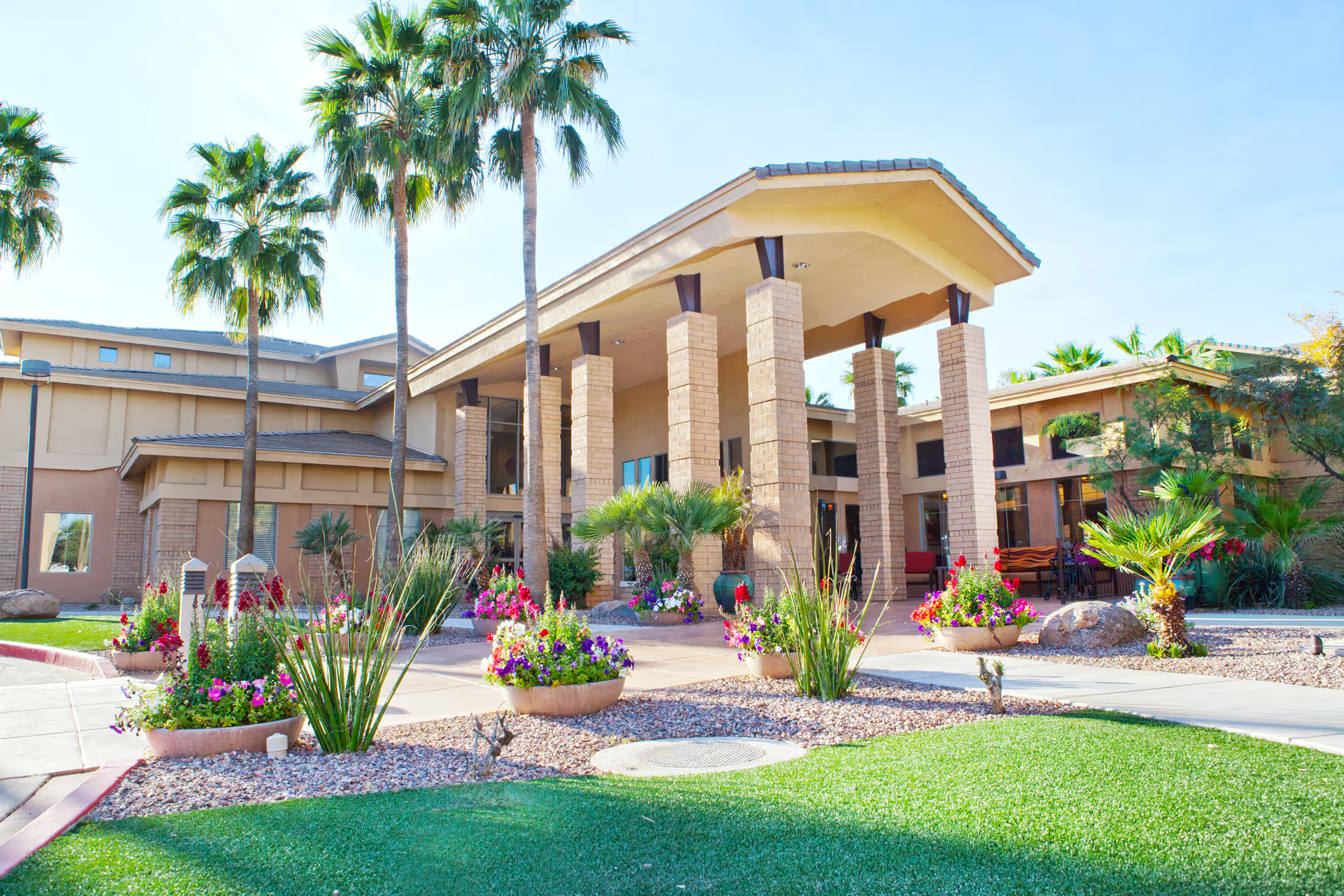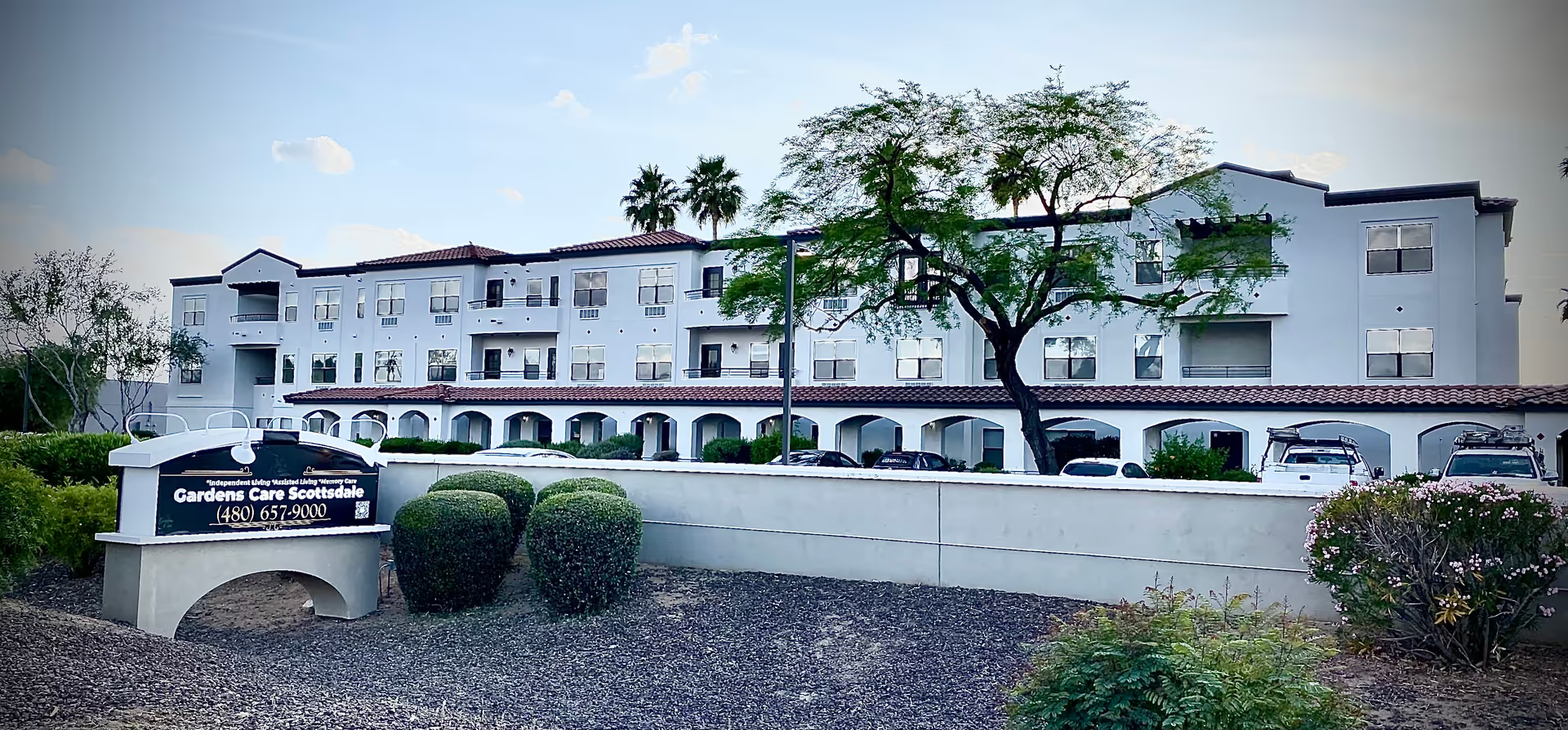Overall sentiment in the reviews for Brookdale Medical Center Kingsley is mixed but highly patterned: many reviewers praise the facility’s physical environment, dining program, activities, and frontline caregivers, while a consistent cluster of operational and safety concerns—particularly around staffing, personal care in memory care, medication management, and management responsiveness—appear repeatedly across independent reports.
Facilities and environment: Numerous reviews describe the campus as bright, clean and well maintained. Positive recurring notes include attractive landscaped grounds, outdoor courtyards and garden areas, bird feeders, and walk-out patios. Interior public spaces are frequently described as sunny and airy with large, well-lit gathering rooms, an appealing dining room (often compared to a restaurant), a library, and updated bathrooms and showers in many units. Apartment sizes and configurations are noted as generous in several posts (specific mention of 410 sq ft units and L-shaped studios). On-site amenities that receive praise include an exercise room, beauty/barber shop, in-house therapy services, and transportation to appointments and local shopping. These elements make the community appealing for families seeking a socially-engaged, comfortable assisted living option.
Staff and caregiving: Reviews consistently name many staff members, and a large portion of families report warm, caring, attentive caregivers and long-tenured employees who create a family-like atmosphere. Multiple comments compliment specific roles—executive directors, activity directors, lead nurses, med techs, housekeeping and maintenance when they are responsive. Positive experiences highlight personalized attention, good communication with families, and staff who engage residents in activities. At the same time, there is a strong and recurring counter-narrative: understaffing (especially evenings and weekends), high turnover, and inconsistent caregiver availability. These staffing problems are directly associated in reviews with slow call responses, residents left unattended for long periods, and inconsistent basic personal care, particularly in memory-care units.
Care quality and safety: A critical theme that emerges is variability in clinical and personal care. Many families report high-quality, attentive clinical care, good medication assistance, and competent nursing; others report worrying lapses: missed or unreadable medication records, omitted meds, multiple falls without adequate fall-prevention measures, and slow or inadequate responses to call buttons or emergencies. Several accounts describe serious neglect in memory care—residents reportedly left in soiled clothing or chairs, smelling of urine, not bathed or assisted with teeth brushing, and even falls that led to hospital transfers. These accounts suggest that while standard assisted-living residents with lower needs may receive appropriate services, residents with higher medical or dementia-related needs experience inconsistent care. Safety concerns are amplified by reports of unsecured doors, doors that automatically close and impede movement, false fire alarms, intrusively loud pagers disrupting sleep, and occasional privacy breaches.
Dining and activities: Dining is one of the strongest and most frequently praised aspects. Many reviews highlight restaurant-style dining, a dedicated chef, menu variety, accommodations for diets, and appealing presentation. Contrastingly, some families note menu repetition, declining portion sizes or quality over time, and requests for more fresh produce or condiments. Activities are another major positive: a varied schedule including exercise classes, arts and crafts, bingo, garden clubs, outings, concerts and themed events. Several reviewers praise the activity director and robust social programming. Nonetheless, some reviews describe inconsistent activity schedules, insufficient stimulation for certain residents (especially those younger or brain-injured), and occasional lapses where planned activity coverage or coordination falters.
Management, communication and operations: Reports of the community’s leadership are polarized. Many describe proactive, communicative, and engaged managers and directors who support families and intervene effectively. In other reports, families describe unsympathetic or aggressive management, corporate-level mismanagement, ownership changes, and problems with billing, move-in paperwork and promised discounts. Recurring operational issues include limited maintenance coverage on weekends and nights, inconsistent housekeeping/laundry turnaround, noise from early-morning paging, and occasional front-desk gaps. These operational weaknesses frequently compound concerns about staff shortages and weaken families’ confidence during transitions or clinical events.
Patterns and implications: Taken together, the reviews suggest Brookdale Medical Center Kingsley is a facility with strong physical attributes, a robust menu and activity calendar, and many compassionate frontline employees who provide a welcoming environment for many residents. However, there is a clear and repeated signal of risk for families whose relatives require higher levels of medical supervision or advanced memory care: reports of neglect, falls, medication errors and slow emergency responses are frequent enough to be notable. Experiences appear to vary significantly depending on unit, shift (nights/weekends worse) and the presence of particular leaders or long-tenured staff. Likewise, corporate and management variability—leadership changes and mixed reviews of executive staff—contribute to inconsistent resident and family experiences.
Bottom line: For prospective residents who prioritize an attractive, activity-rich community with good dining and a social environment, and whose care needs are moderate and predictable, Brookdale Medical Center Kingsley receives many favorable comments and can be a good fit when the praised staff and managers are in place. Families of residents with higher medical complexity or advanced dementia should carefully probe staffing ratios (especially night/weekend coverage), fall-prevention protocols, medication administration records, incident history, memory-care staffing and management responsiveness. During tours and move-in discussions, verify current leadership, confirm how billing/discounts will be handled in writing, ask for examples of recent staffing levels on all shifts, and request references from current families in the same unit. The mixed but patterned reviews recommend caution: many strong positives exist, but recurring operational and safety issues mean due diligence is essential before committing.
